Scientists are reporting spikes in ocean temperatures. Divers are experiencing it.
For 60-odd years, recreational divers have enjoyed the beauty and wonder of the underwater world. Today, scuba divers can still enjoy exploring the many healthy dive sites scattered all around the globe. But the divers of tomorrow may not have the same privilege. The reason is rising ocean temperatures.
As a result of human-caused climate change, the planet is rapidly warming at a rate of 0.32° F (0.18° C) per decade. This temperature increase might not seem like much, but to keep the planet cool, the ocean is absorbing 90% of the extra heat from the atmosphere, thus damaging marine ecosystems and killing marine life.
We’re already experiencing record-high ocean temperatures. For example, in 2023, the waters of Florida reached an unprecedented 101°F (38°C), the Atlantic hit never-before-seen readings, and the Mediterranean Sea surpassed 83°F (28°C).
With unabated CO2 and greenhouse emissions, ocean temperatures will continue to rise—and the damage to our planet and oceans could be irreversible.
As a scuba diver, you’ve probably noticed that the ocean landscape is changing. Here’s what rising ocean temperatures do to our dive sites—and planet.
Elevated sea temperatures put the corals under stress, causing them to expel the algae that live within them and turn ghostly white.
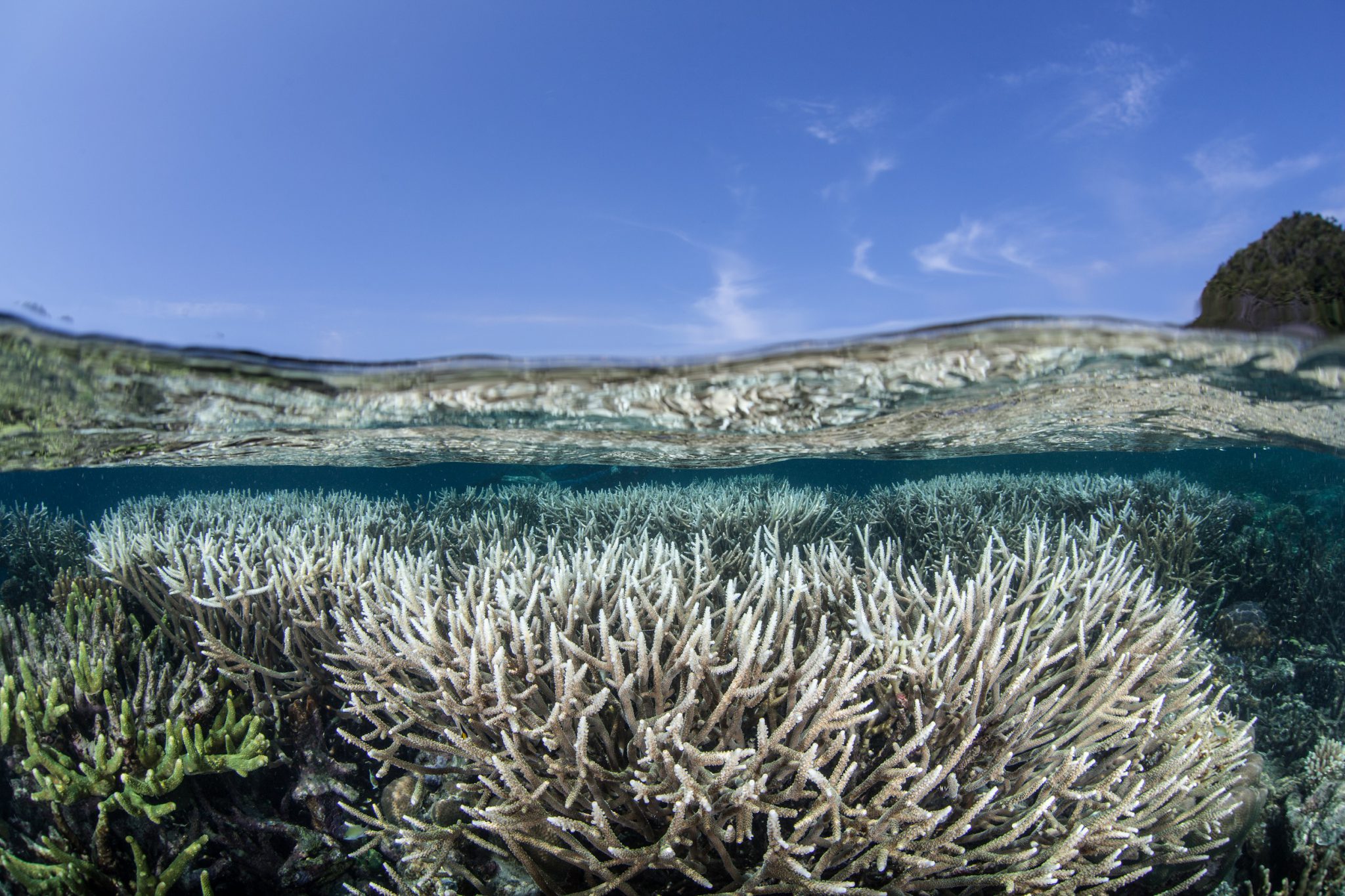
The white-bleached corals can survive for a little while, but if the water temperatures don’t go back to normal, they will die. Once a coral reef is gone, it rarely comes back. And with no coral reefs, all the marine life that depends on it for shelter, nutrition, and reproduction is at risk.
Coral bleaching due to increased ocean temperatures is a worldwide issue, and it’s happening more and more frequently, affecting many popular diving regions, including the Caribbean, Hawaii, and the Great Barrier Reef.
Learn More About Coral Conservation
Kelp forests extract CO2 from the atmosphere, helping slow down climate change. But like coral reefs, kelp forests are also under stress from bursts in ocean temperatures.
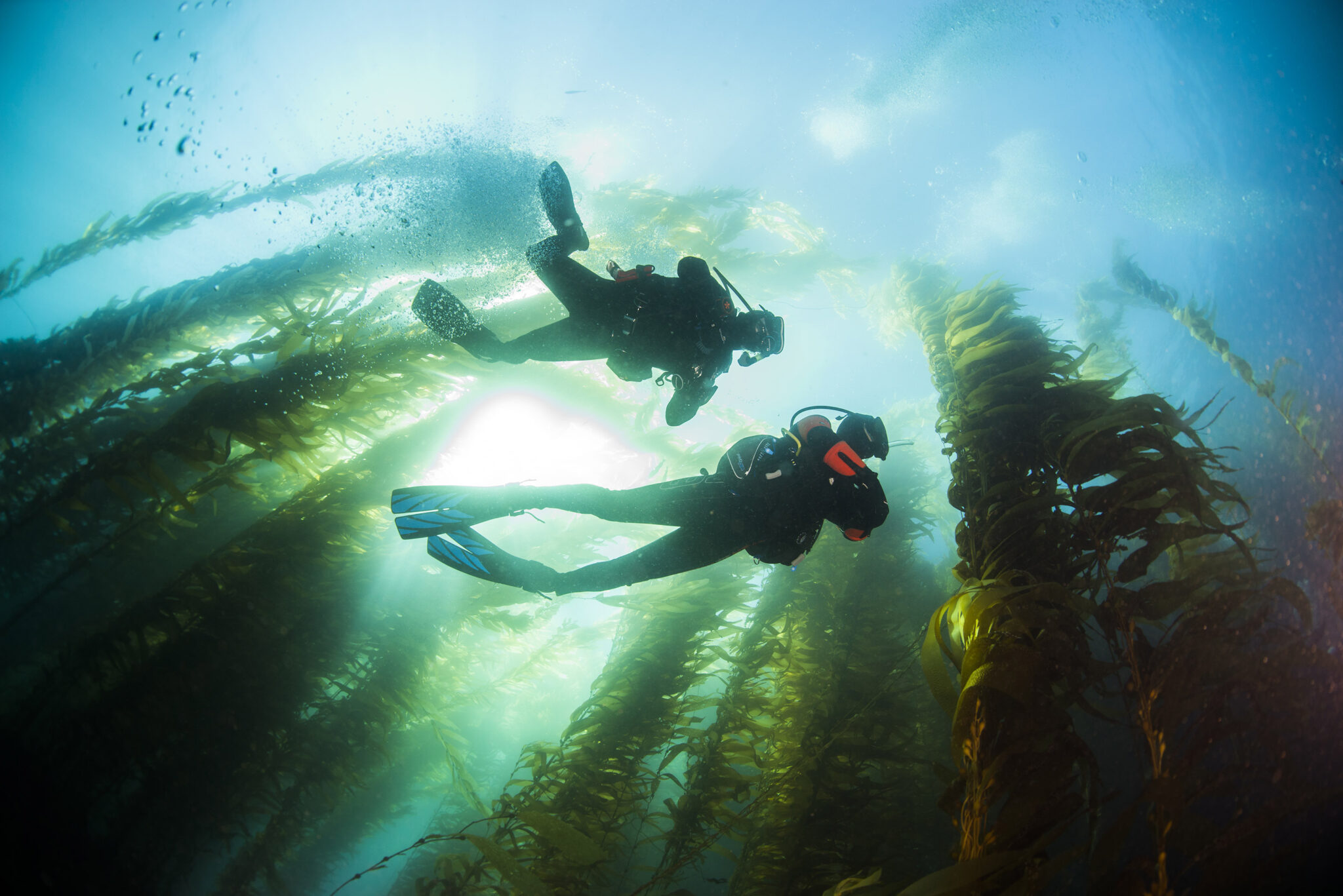
Since 2014, California has lost over 95% of its kelp forests, disturbing local wildlife, especially sea otters and sea urchins.
Mangrove forests protect coral reefs and shorelines from the destructive forces of wind, currents, storms, and high waves. They’re also great at removing CO2 from the atmosphere.
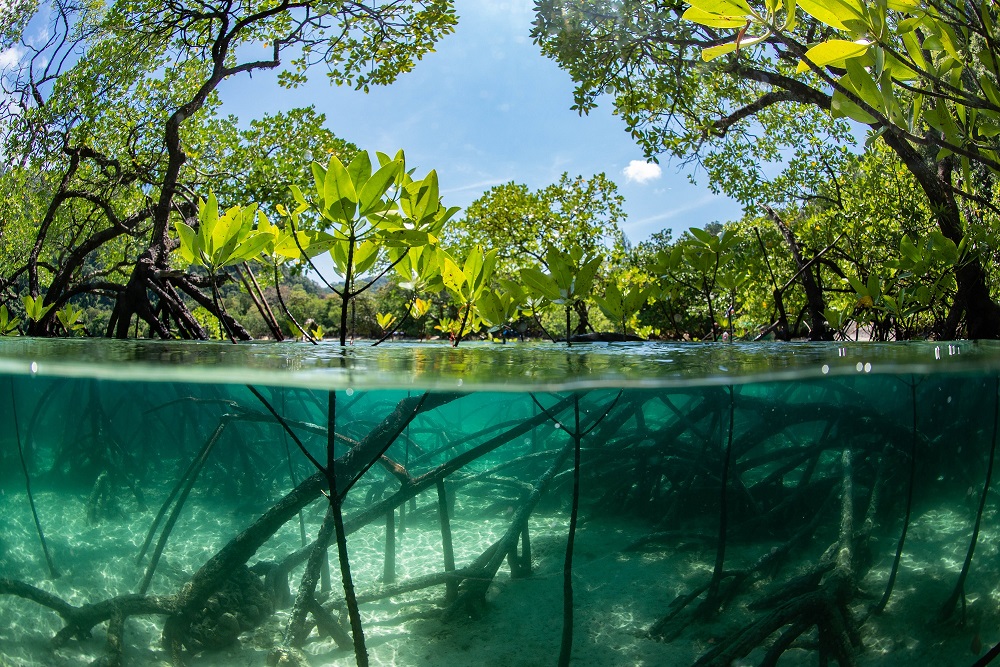
But as global ocean temperatures continue to mount and sea levels rise, the mangrove ecosystem is also under threat.
In direct response to ocean warming, more mobile fish are moving to cooler waters for survival, impacting marine biodiversity and local fisheries. Bottom sea dwellers (eels, shrimps, starfish, some species of sharks, etc.) don’t have the same option to migrate.
Responsible Marine Life Interactions: The Do’s and Don’ts
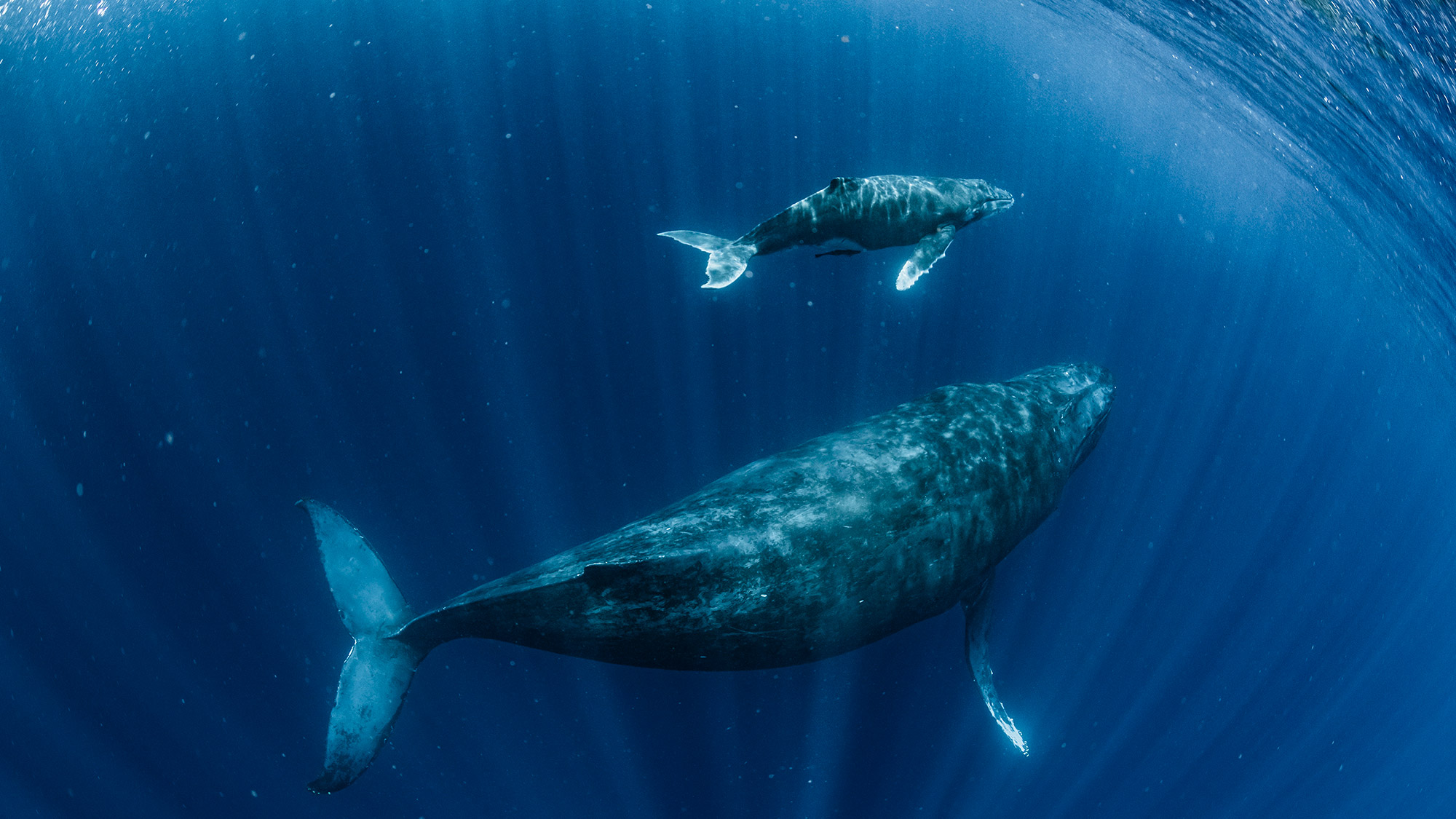
Coral reefs are home to 25% of all marine life! The loss of coral reefs (and kelps and other ecosystems) means that the vast majority of marine life will also lose their habitat, leading to an imbalance in the ecosystem and food chain. Over one billion people, in fact, rely on coral reefs as a source of income and food. While overfishing and pollution can also lead to a collapse of the marine ecosystem, rising ocean temperature is a contributing trigger.
Coral reefs also generate thousands of jobs in the travel, tourism, and recreation sectors, contributing an estimated USD $36 billion to the global economy annually. But bleached corals are no attraction for divers and travelers, making sustainable tourism all the more important.
As the oceans warm, they also hold less oxygen, restricting the zones where marine species can live. Larger species are the most affected, because they need more oxygen to survive (i.e. tuna, marlin, sharks, etc.), forcing them to move to deeper waters where they’re at risk of being overfished.
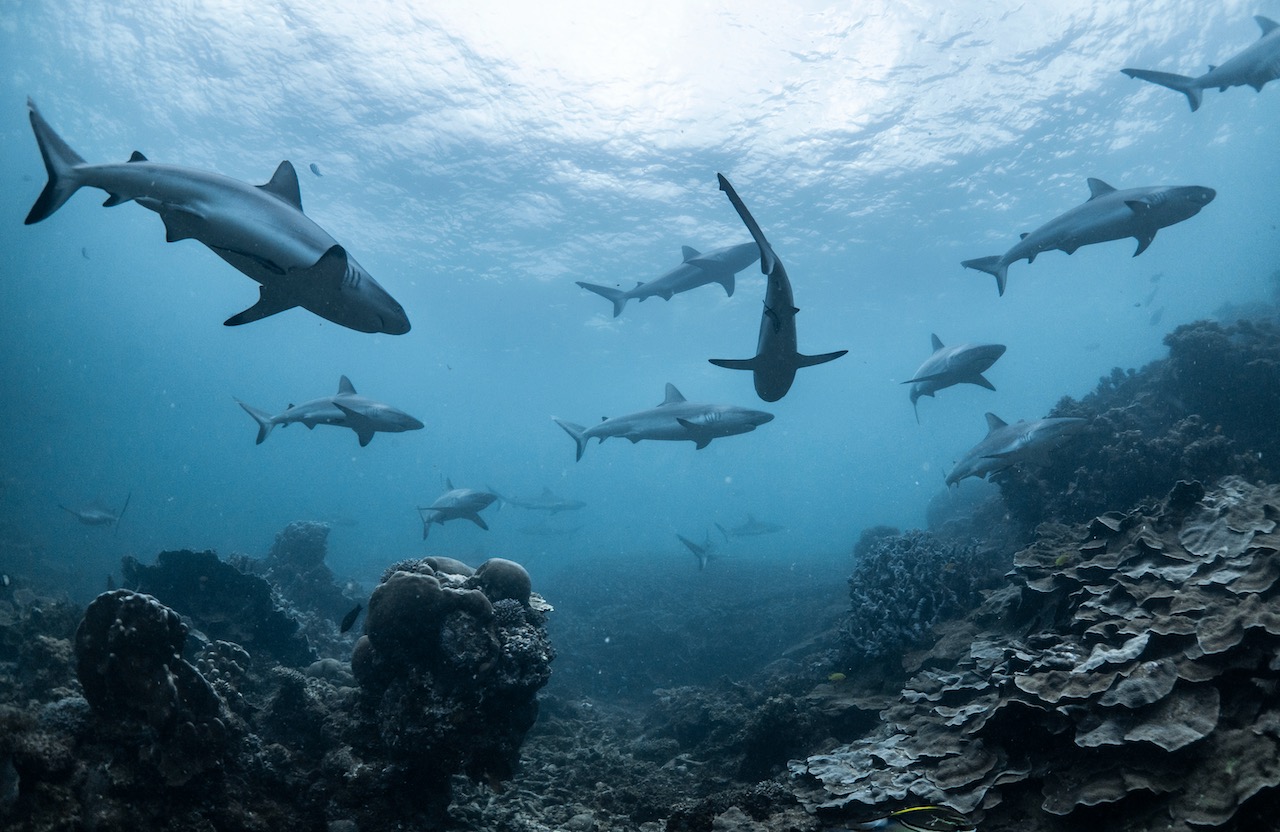
The oxygen in the oceans has declined by 2% since the 1950s, and this decline is expected to continue.
The 15 Best Places to Dive With Sharks
Hotter oceans can absorb more CO2 from the atmosphere, harming marine life. For example, shell-building species will struggle to build and maintain their shells and structures. Think oysters, clams, mussels, etc.
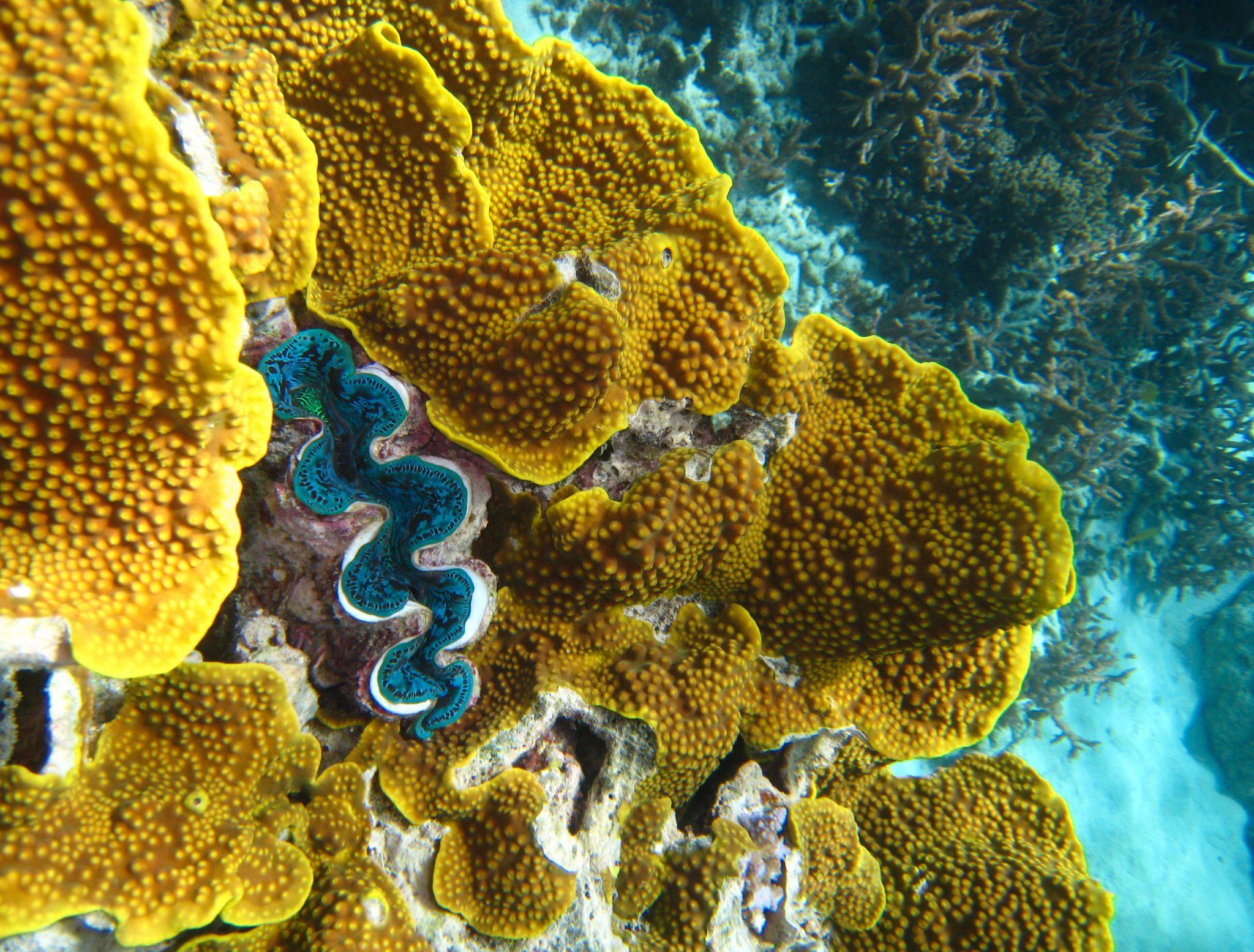
Today, the ocean is 30% more acidic compared to pre-industrial times, and scientists’ forecasts for the next 50+ years don’t look good.
4 Endangered Marine Animals (and How Divers Can Help!)
Warmer oceans expand and melt glaciers and ice sheets, causing higher sea levels that put coastal regions at risk of flooding while also altering the economic, residential, social, and farming landscape.
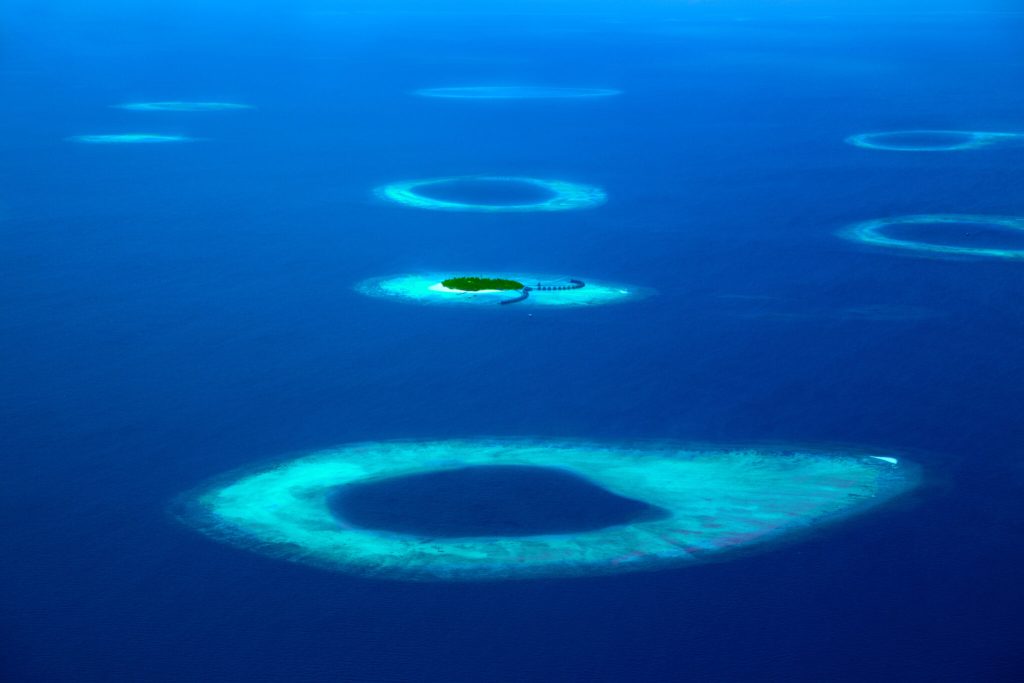
The areas most at risk of rising sea levels are the US East Coast, China, India, The Netherlands, and many island nations, including the Maldives, Indonesia, and the Bahamas.
How is Climate Change Impacting the Ocean, and How Can I Help?
As the climate crisis intensifies and ocean temperatures soar, we’re also experiencing a change in weather patters that cause more extreme weather events. In general, wet regions will get wetter and dry areas will get drier. This will, of course, impact the travel industry through delays and cancellations on a wider scale.
Why You Need DAN Scuba Diving Insurance

Many dive sites have changed a lot over the years. Dive spots known for their pristine coral reef and colorful fish have become shadows of their former selves. So it’s worth checking if the locations you plan on visiting still hold their appeal.
The 13 Best Dive Sites in the World
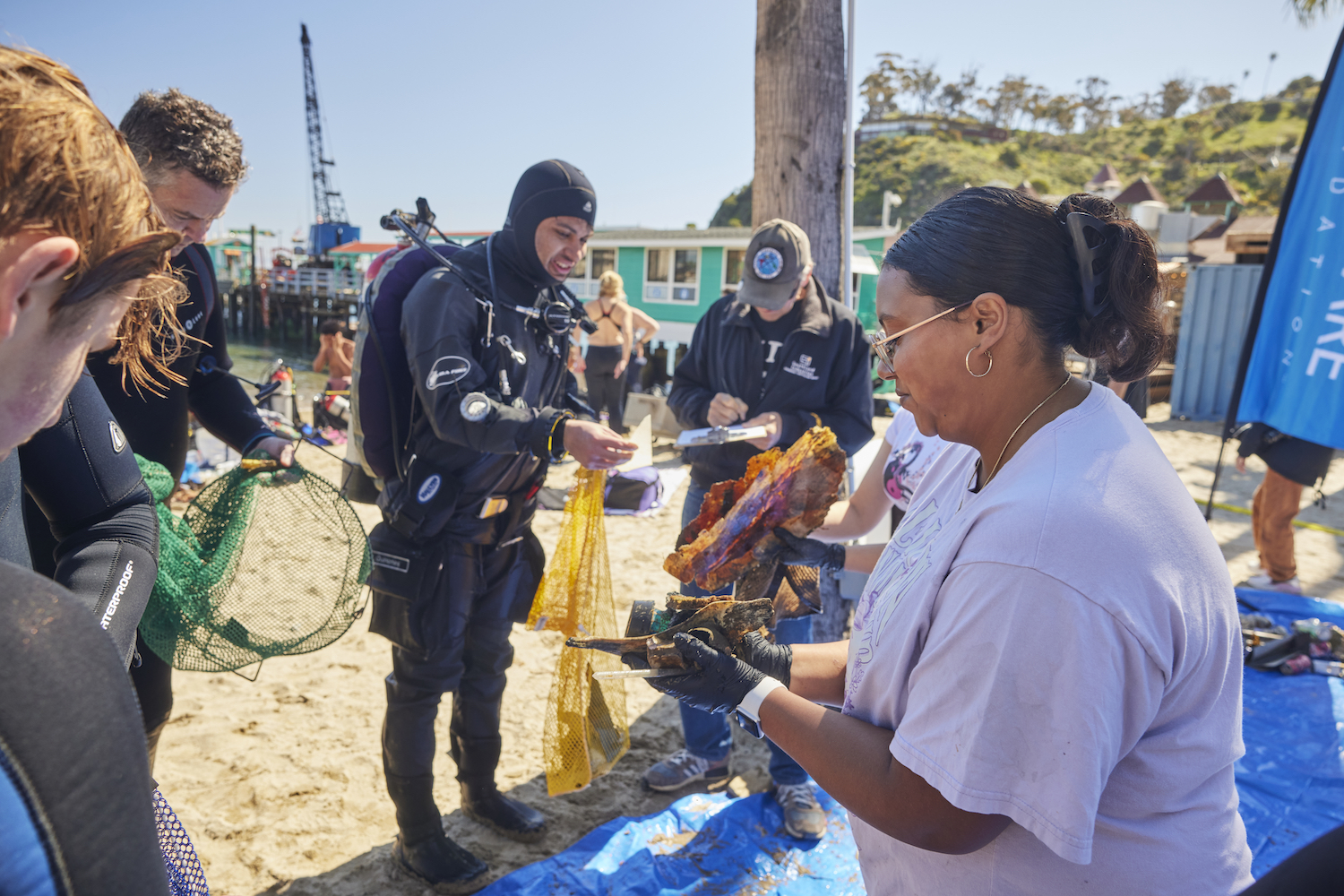
Protecting what we value can be an uphill battle, but through our collective effort, we can nurture the health of our oceans, and, in turn, protect our planet from the human, social, environmental, and economic consequences of climate change.
Together, we can make a difference.
Share This